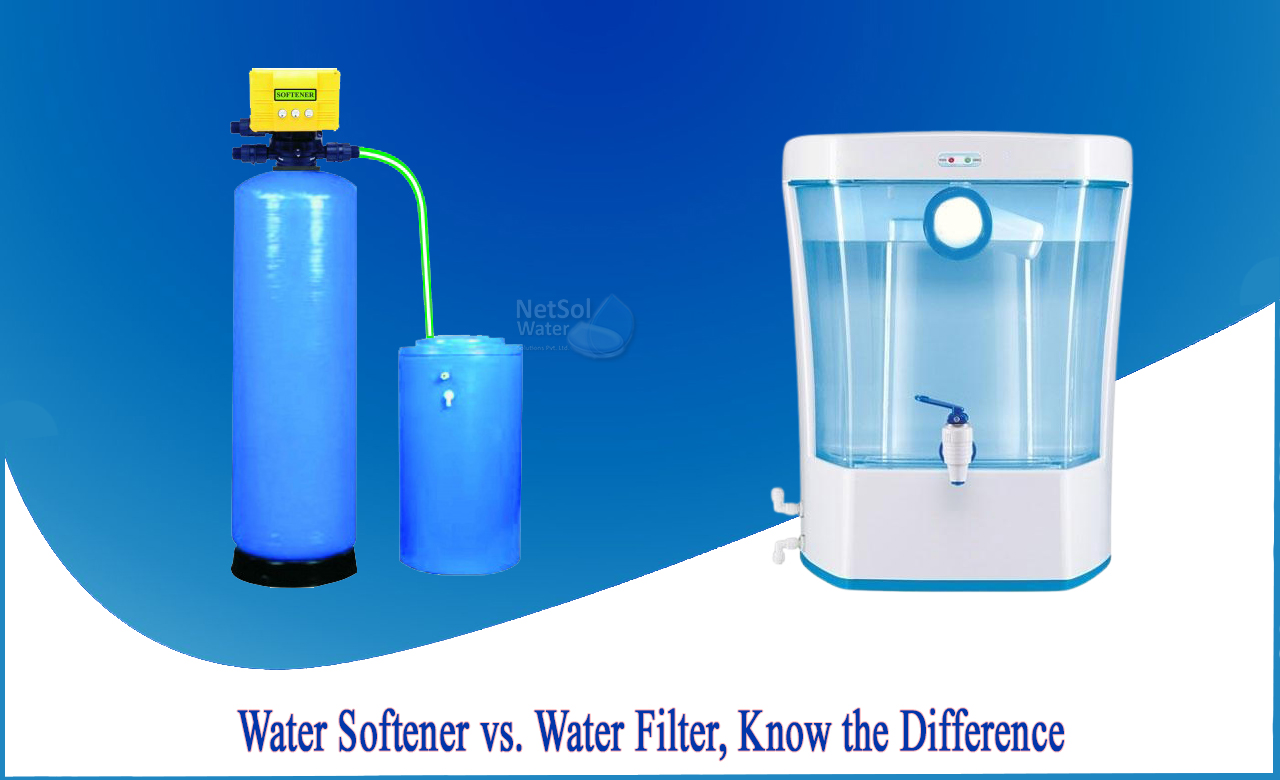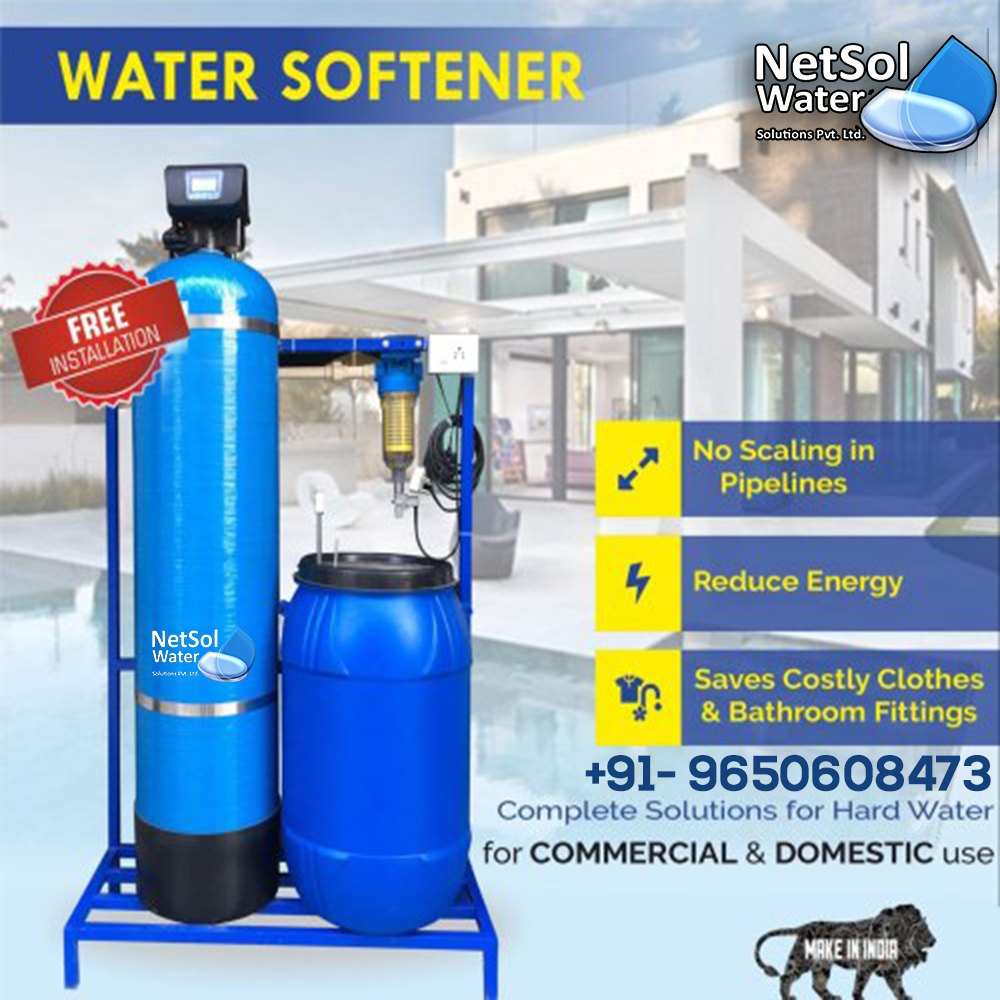You want clean, high quality and healthy water for the health of your family and the peace of mind of your own. However, there may be more questions than answers about water quality issues, whether they can affect your home, or how. You're probably wondering:
How can I tell if I have hard water? How can I determine which type of solution is best for my home?
Work on this as a first step to avoid worrying or wondering about water quality on a daily basis.
What is hard water?
Hard water is water with a high concentration of calcium and magnesium. After washing your hands, did you notice scale on your glasses or tools, soap scum on your tub or shower door, or film residue? Hard water may be the cause.
Soap reacts with high calcium and magnesium content in hard water to produce visible tangible water stains and residues. If you have hard water in your house, you will need more soap or detergent to clean everything. Hard water is not dangerous, but trying to clean it can cause frustrating inefficiencies. This can be costly. Like the water heater, heating hard water can also form mineral deposits. This can "shorten the life of the equipment, increase the cost of heating the water, reduce the efficiency of the electric water heater, and clog the pipes".
What are the Difference Between Water Softener and Water Filter?
What does the water softener do?
The water softener removes the calcium and magnesium minerals that cause hard water. For this reason, water softening uses a different treatment process than the filter system and is less targeted at pollutants than water filters. The softener helps make water-using equipment more efficient and saves detergent by eliminating excess calcium and magnesium from water. Not only can you see clean plates and coffee pots, but the whole family can see mild, moisturized skin and hair.
How does it work?
Water softeners use salt to change the properties of water. In contrast, a water filtration system is a small one that filters products in place, whether it's a home-wide system. Whether it's a product, you can use one of several methods to make water, which is cleaner and safer, depending on the contaminants you filter.
What does the water purifier system do?
Water softeners are aimed at problems such as dish stains and equipment buildup, while water purifiers aim to provide better tasting clean water by removing a wider range of contaminants. These include metals such as arsenic, lead, copper, iron, cadmium and hexavalent chromium. Industrial and pharmaceutical by-products such as pesticides and hormones, Chlorine and chloramine, PFOS and PFOA, etc.
Let's take a look at some of the major water filtration options
Drinking water from filtration systems, such as the reverse osmosis system, alleviate problems such as dissolved solids and contaminants in drinking water. Many drinking water filters use multi-step filtration to first remove the precipitate and then filter out other contaminants such as chlorine that affect the taste and quality of the water.
House-wide filtration system guarantees water quality and house-wide flow. These systems are designed to reduce sediment, chlorine, and other pollutants, so you can get cleaner, safer, and fresher tasting water. Household filter systems can also neutralize the acidity of water. This reduces the costly corrosion of sanitary and electrical fixtures.
You may have heard about reverse osmosis water filtration. This is an advanced multi-step process that can remove up to 95% of all solids dissolved in water. Reverse osmosis (RO) filtration is based on a semipermeable membrane that removes dissolved salts and other unwanted substances such as lead and fluoride from water.
Which water treatment option is right for me?
Whether softening or water filtration is optimal depends largely on what is contained in the water and what problem you are trying to solve. If dirty dishes or dry, inflamed skin are the main illnesses in your home, you're probably dealing with hard water, and soft finishes can relieve your frustration. If the taste or smell of water (or coffee or tea) is strange, or if you are concerned about chemical contamination of your drinking water, filters are more effective.




